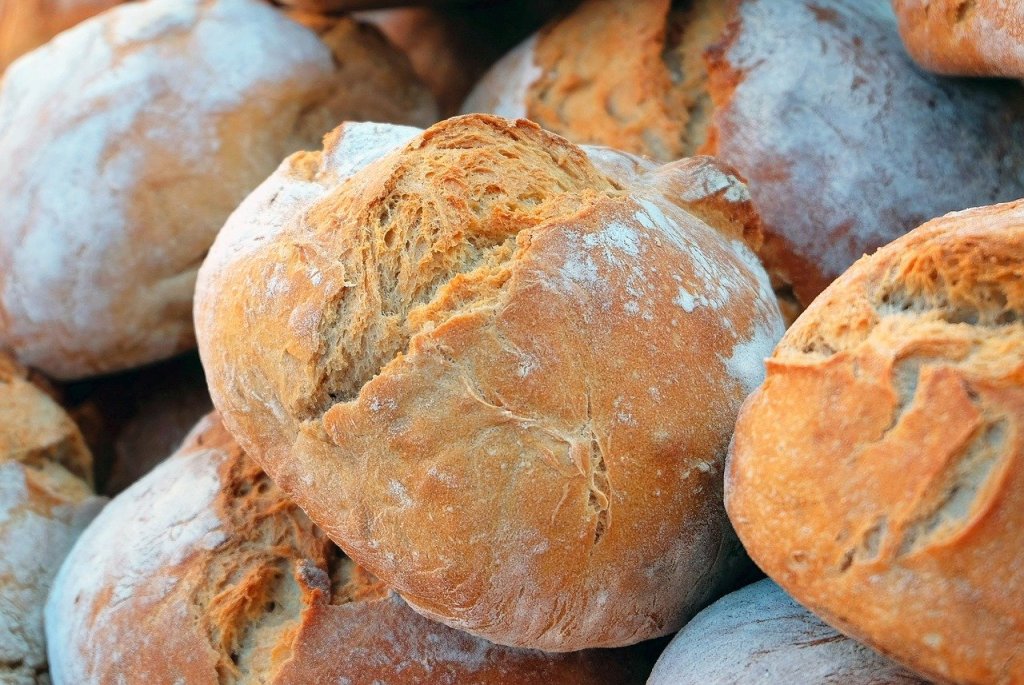Homemade sourdough isn’t easy, but it’s one of the most rewarding things I’ve ever cooked. It takes some time to prepare, but is actually based on some fairly simple steps. When it all comes together the end result is delicious, satisfying and easily repeatable.
Here, I’ve listed out some top tips that I wish I knew before I baked my first sourdough
- Timing your starter feeds is critical: You probably know that to bake a sourdough you’ll need a “starter”, a living culture made of fermenting flour and water. What you may not know is the importance of timing your starter’s feeds before you bake. If I’m baking on one day, I will make sure that the day before my starter is very hungry, then feed it in the evening, so that it’s about twice its usual size before a bake. If your starter is in a rapid growth phase, it’s primed to keep expanding as you add more flour and water
- Don’t miss out on the autolyse: Bread baking really comes down to mixing water, flour and your starter and slowly managing the rise over a long period of time. The autolyse is an important step where you first mix just the flour and water. This builds up the strength of your dough, without it having to rise with the aid of the starter
- Understand the phases of sourdough production: Before starting, make sure you’re familiar with the starter feed, the autolyse, the bulk fermentation, the final proofing stage and the bake. Without each of these, you won’t end up with the perfect bread.
- Don’t rip or knead your dough: Because sourdough goes through a slow and steady rise, it builds up its own strength over time, and the gluten strands in the dough slowly build up. Kneading or tearing your loaf will damage these strings of gluten and make your dough less strong when you come to bake it. This basically means more air can escape and you will get less of it staying in the loaf and helping it rise
- The right Hydration is very important: Hydration is a key concept to understand when baking sourdough. It refers to the ratio of water to flour. If you use too much flour, your dough will be tough and dry. Too much water and it’ll be floppy and won’t keep its shape. Get it right and you’ll have an airy, moist and delicious bread. I aim for about 76% hydration, but as a general rule, start off with a lower hydration (more flour) and ease into managing with higher moisture content
- Cover your sourdough when you cook it: The perfect environment for bread to rise is a moist, hot one. This allows the gluten to extend without breaking, meaning the air stays trapped in and the bread grows fast. Commercial ovens have the option of steaming, but you can’t do that in your kitchen. What you can do, though, is put your loaf in a pan with a lid as it cooks. What this means is that as the bread cooks, the moisture escapes then stays close to the bread. It basically steams itself and comes out delicious
- Understand how to stretch and fold: This is an important concept during the bulk fermentation phase, referring to how you pick up and then place down your dough and slowly add strength to it.
I hope you’ve found this a useful article. I certainly wish people told me this before I first gave it a go.

One response to “Things to know before baking sourdough”
[…] Source link […]
LikeLike